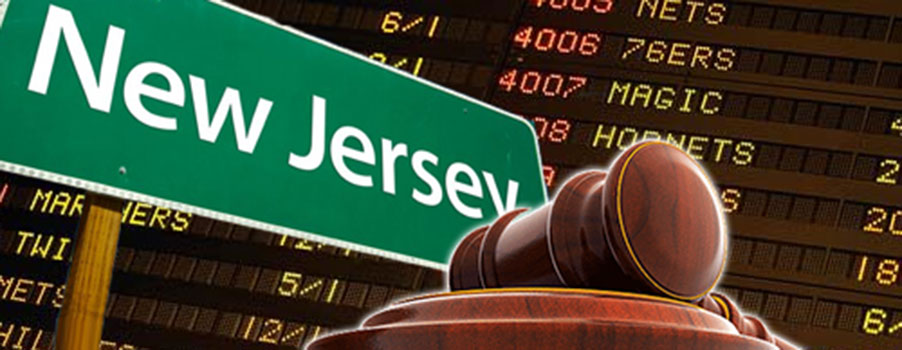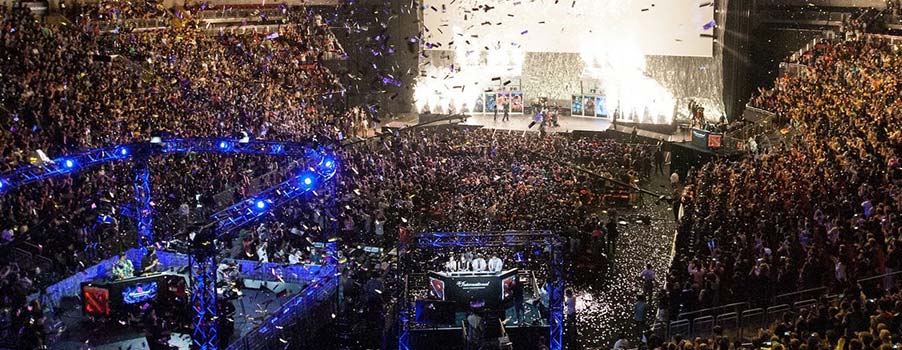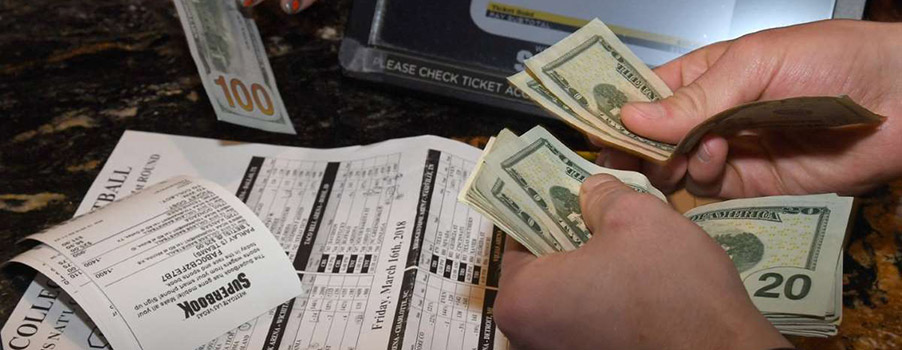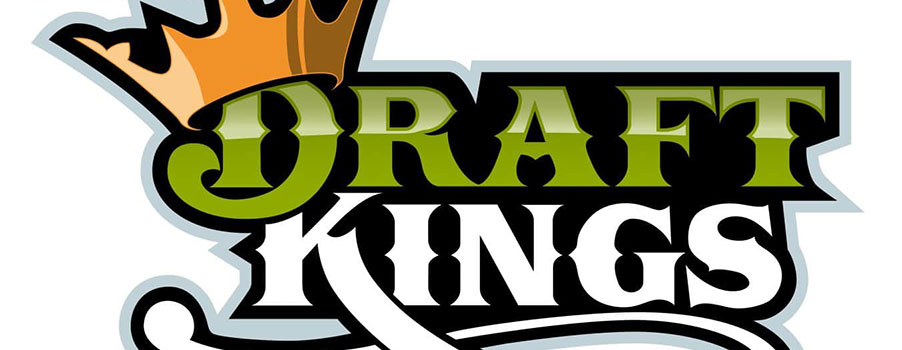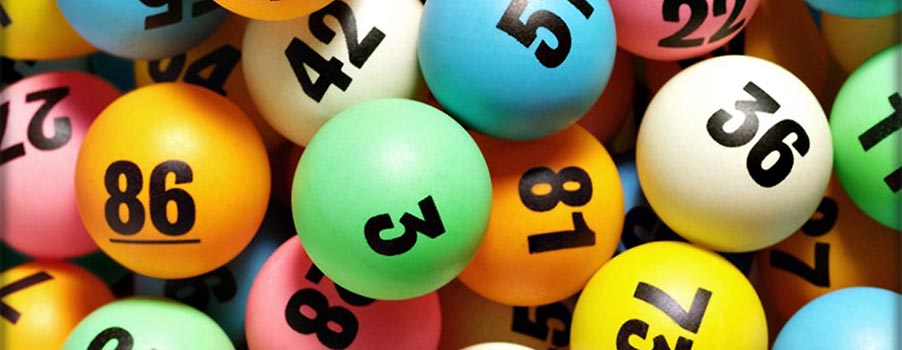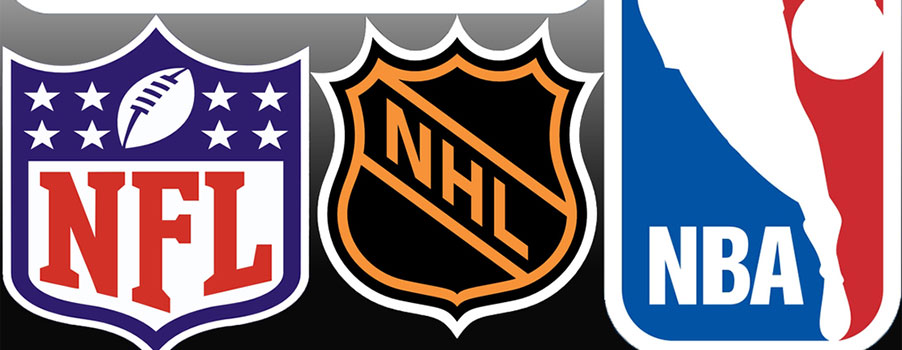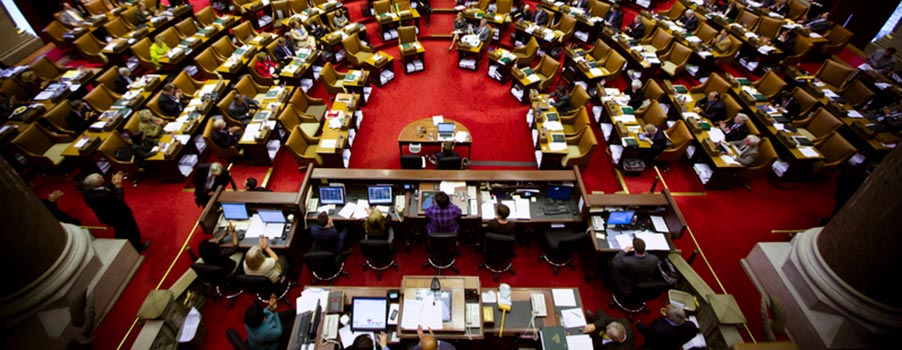On Tuesday night Michigan lawmakers voted 68-40 for two main bills that are intended to create a Lawful Internet Gaming Act that would responsible for regulating online renditions of the state’s licensed brick-and-mortar casino games. Introduced last year by Rep. Brandt Iden, R-Portage, the legislation, if passed, will see to the establishment of a Division of Internet Gaming within the existing Michigan Gaming Control Board.
This new division will be tasked with issuing internet gaming licenses thus allowing the state’s operational casinos to accept online bets – it will also include sports betting supposing the board decides to legalize statewide sports betting following the recent Supreme Court ruling that paved way for the activity.
All online gambling will be made through the existing land-based casinos that will receive the licenses from the new division, which implies some partnerships are bound to surface as a result. The same will go for the existing tribal casinos that will be working with the state to achieve the new technology.
“People in Michigan are already gambling over the internet, but they are doing so at risky and illegal websites,” Rep. Iden pointed out. “The Michigan websites will have strict state oversight, unlike the illegal and unregulated sites our resident use now, at great risk to their finances and personal information.”
Michigan plans to impose an 8 percent tax rate on online gambling revenue – 35 percent of this tax revenue will go to the Internet Gaming Fund that will be tasked with enforcing the online gambling regulations. The lion’s share of the revenue (55 percent) will go to the city of Detroit which hosts all three of Michigan’s commercial casinos while the remaining 10 percent would be shared equally between the school state aid fund and the Michigan transportation fund.
Tribal Casinos Not Left Out
On condition that their compacts are either recreated or amended, the bill will also allow Michigan’s 23 tribal casinos to offer online gambling. The tribe’s quest for inclusion was among the most pressing concerns and impediments to the bill during the initial stages of its launch. Fortunately, they did get what they wanted thanks to a “poison bill” that would effectively rescind online gambling and sports betting in the state in case the federal government decided to bar the tribal casinos from participating in the new online venture.
The bill still has a long to go though. Michigan residents will have to wait until the Senate session resumes this fall that is the next step towards legal and regulated online gambling in the state.
“When we come back in the fall,” said Iden. “This is going to be at the top of the agenda. Michigan should be at the forefront of that.”


